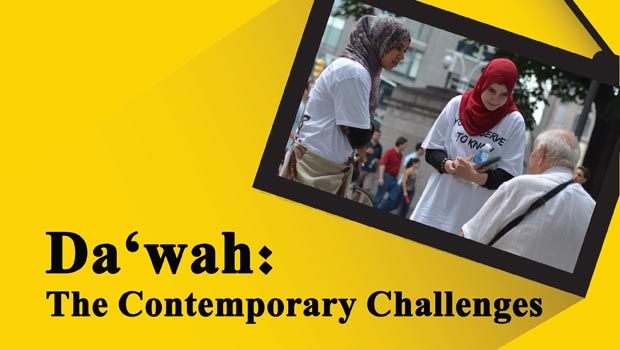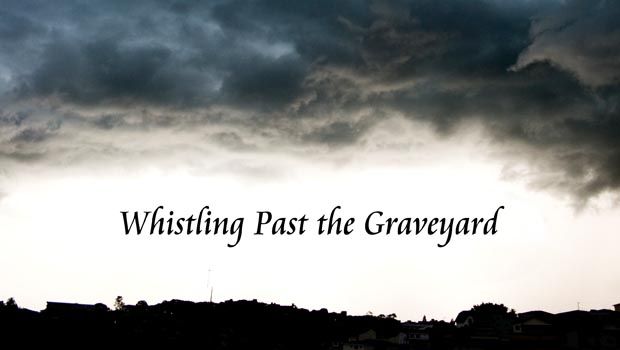Those high powered celebrity chefs! The single mother watches cooking shows while sitting on an old couch with a bag of salty chips and a crying baby. Meanwhile, the young professionals blog about new restaurants and very strange new dishes they have discovered in farflung corners of the city. What fun! The wedding feast piles up food, sculpted fruits, oily curries, mountains of rice—and who knows where the leftovers go? Into what trash? Sound familiar? And don’t we know people in all these categories and situations?
The main problem is not hunger. Hunger is the symptom of a system-related disease and disaster: modes of production, distribution and consumption that are hugely wasteful and that reflects and maintains inequalities in income and in access to nourishing food. This is true whether it is only the US situation we are considering or the more challenging global disparities.
Of course, no one with a hungry family wants to hear that the problem is not hunger. In November 2009 the US Department of Agriculture released a report that claims that more than 49 million Americans—or one in seven—struggled to find enough to eat last year. This translates into 11 million to 17 million children affected in this wealthy country. Sometimes this struggle for food is due to the multiple dimensions of poverty in America, and often is a complex of reduced expectations, mental depression, lack of family resources, lack of education, and endemic lack of work made far worse by the economic crisis. It is frequently made worse by racism and xenophobia and internalized stigma. However there are many causes and states of poverty—one size does not fit all.
What to do? Currently Congress is considering over 4 billion in funding for child-nutrition programs, including school meals. These bills to help children are relatively easy to get bipartisan support for and more difficult to attack. It has been noted, however, that the Senate version of the bill takes money from the existing food stamp program to help pay for better school lunches. The Senate also cut food stamps to help pay for a $26.1 billion aid-to-states bill to help states sustain Medicaid and avoid teacher cutbacks. It remains to be seen how well the final bill will address concerns about this tricky “three-card monte” approach to funding.
Nevertheless, faith communities may hope to receive funding through this bill. And mosques and Muslim organizations should certainly be part of this social safety net. If we Muslims lack resources to offer we can give of our time—and not just in Ramadan. It has been calculated that the zakat percentage of a week’s worth of time comes to 4.2 hours. How many of us offer that many hours of service to the Ummah every week? You and I can volunteer to provide basic human needs locally as well as globally. For example, the Islamic Circle of North America (ICNA) runs soup kitchens in various neighborhoods—in some places it runs these alone and in other places ICNA does it in collaboration with interfaith organizations. The Muslim Consultative Network, the group I am personally associated with, has joined with another house of worship (in this case, Holy Trinity Church) to help provide dinner for the needy once a month. And once every other month we team up with the very active “Muslims Against Hunger” group that is volunteering in over 13 locations.
Beyond this model of engagement, there are also local Muslim food pantries that need your support. Though we are finding that volunteers prefer this service to some other work (like anti-torture advocacy or immigration reform) it is at the same time important to link this service to social justice action that changes the structure of society—that offers long term hope of healing and does not simply place a Band-Aid on an infected wound.
In signing congregations up for food justice or service programs, an imam must delegate to a committee. Some are slow to do this, but it is an essential part of management. An advocacy coordinator (a well prepared volunteer is OK) can address proactively a variety of issues that create problems that our charitable giving seeks to address after the fact: the impact of our enormous waste through massive expenditures on war; the lack of sustainable development; the dismissive treatment of the poor and vulnerable; policies that reduce foreign assistance and the percentage of tax monies that help the needy. In a world where politics corrupts, we Muslims can amplify our giving through efforts to prevent future disasters and injustices.
As human beings, we are part of the problem but we can (and must) be part of the solution. With the urge to build new economies, to prove ourselves personally and to succeed collectively, most of us forget the urgent need for drastic change in the way we expend resources. To avoid recycling or cutting back on travel by car, or switching to solar energy, we ask, “If my neighbor does not do it, how can I? Will I not become weaker than he? And how much money will it cost me?”
To address reducing waste, there is a growing interest in sustainable living with groups of Muslims “going green” from San Francisco to Washington DC. IMAN and ISNA are collaborating on the Green Re-entry Project, to provide green jobs for men leaving prison. Ibrahim Matin has written his book “Green Deen,” an important wake up call to us all. Ameena Jandali has started a YahooGroup “MuslimsGoingGreen”on YahooGroups to discuss practical measures. Seeds of change to come.
And yet, many mosques are not coming up to take the lead. Even churches and synagogues now provide not only food pantries for the poor but also cooperative food shares in local food programs (like “CSA”) as part of food justice and local food movements to reduce the carbon footprint. Many Muslims had hoped to see more mosques go green this Ramadan, by making the simple decision to not use harmful Styrofoam (which is not biodegradable) and to recycle all paper plates and cans and cutlery.
But all of us buy food pre-prepared; learn our news and views through the ever more pervasive media, live in an environment that is more and more a man-made hall of mirrors. Surrounded by images and demand for instant gratification, it is easy to lose one’s inner self while shopping in the million miles of aisles. We begin to ask “What do I want next?” instead of “Who and what am I really, what is my purpose in my time on earth?” Marketing replaces morality; peer pressure replaces human conscience. And it is at this moment that the wound in nature appears, bleeding oil, a symptom of the spreading cancer of wasteful consumption. We the consumers are all consumed.
As we Muslims struggle to realize the implications of our deen in the modern world, we must promote healthy lifestyles that reduce obesity and diabetes and also tobacco addiction, along with addiction to wasteful consumption of all kinds. Affiliated with my organization Muslim Consultative Network’s health programming, a youth group called Off the Hook is currently urging Muslim youth to avoid Hookah cafes as the gateway to greater tobacco addiction (see www.mcnny.org). And our deep and dangerous addiction to oil is like addiction to tobacco—it keeps our society dependent on big corporations that don’t consider long-term interest as much as the immediate profit to be extracted. The earth is sucked dry in this way and so are we.
US Muslims consume and waste as much as fellow Americans. This is clearly not halal (see Quran 7:31; 6:141) and the effects of this behavior will harm the poor with rising seas and plunging economies and our charity will prove only a tiny Band-Aid for an enormous wound we ourselves are creating. For the faith of Islam to transform society we Muslims need to apply its creative spirit to all we do. It is not a matter of rules and charts– but a greater awareness of our place in nature, not only immediate desires or sustaining cultural norms.
When we Muslims give to charity, and establish structures to provide and empower the needy for long term solutions, are we simply measuring out money or are we giving of ourselves? Do we deposit pale green paper into the bank or are we also making deposits into a vaster Trust, the green and beautiful creation that Allah has provided into our care, hanging in such precise and beautiful balance? (Quran 55:01-13)
Our community can promote green jobs; we can green our mosques. The good news is that there is additional funding for both from the Obama Administration; in fact 1.1 trillion dollars for programs paying citizens and community groups to develop solar power and sell it back to the power grid. This builds a new infrastructure, less dependant on oil and oligarchies–and the cost is earned back after a few short years. There are important opportunities for us under this Administration, and we need to recognize them and act.
Islamic awareness is first of all God consciousness, but next includes a strong social conscience; no terror; no waste; awareness includes health awareness and environmental awareness and not only political sophistication. Islamic awareness is not reactionary or fearful; we Muslims may instead patiently reflect and then take action for the benefit of all creation. As the hadith teaches us, even on the Day of Judgment, the End of Days, as mountains dissolve in air, we are asked to still plant the tree—the green tree of life you and I hold in our hands. Charity flows on eternally—let’s be part of its living, creative force.






